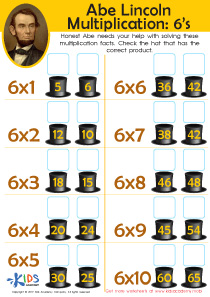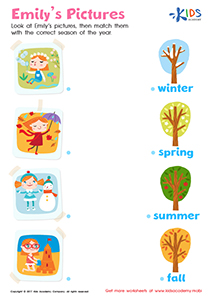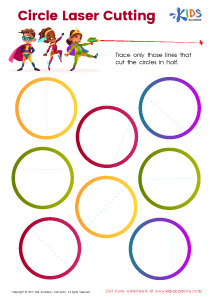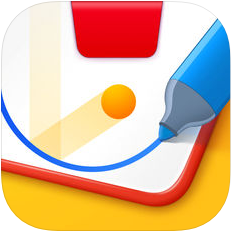Science Lessons | Engineering
4 results
Our Engineering Lessons for children in Preschool, Kindergarten, Grade 1, Grade 2, and Grade 3 are designed to introduce them to the fascinating world of engineering. Our interactive worksheets and educational videos are specially created to provide kids with a hands-on experience that encourages learning through exploration and experimentation. Through our engineering lessons, little learners will develop problem-solving skills, critical thinking abilities, and creativity, all while having fun. Our assessment quizzes ensure that children grasp key concepts, deepening their understanding of engineering concepts. Sign up your kids today and let them discover the joys of engineering.
Engineering lessons for children in early childhood education can be incredibly beneficial to their academic development. By introducing engineering concepts at a young age, children are able to better understand how systems work and the mechanics behind many everyday objects and structures.
Preschool and kindergarten-aged children can begin learning about basic engineering concepts such as building, designing, and problem-solving. This can be done through interactive worksheets that allow them to identify shapes and patterns, or by building with blocks and other materials. Through these activities, children can develop fine motor skills as well as critical thinking and problem-solving skills.
As children progress into grade 1 and 2, engineering lessons can help them to think through problems more systematically. These grades are a great time to start introducing concepts around simple machines, such as levers and pulleys. Interactive videos can be used to introduce these topics, helping children to understand how these machines work in the real world. Assessment quizzes can also be used to allow children to review and reinforce what they have learned.
In grade 3, children can begin learning more complex engineering concepts such as how to construct bridges and buildings. By incorporating engineering concepts into science and math lessons, children can better understand how these subjects are interconnected. Interactive worksheets and group projects can be used to reinforce these lessons, allowing children to work together to solve problems and build their own structures.
One of the key benefits of incorporating engineering lessons into early childhood education is that it helps children to develop a broader range of skills beyond just science and math. By engaging in hands-on activities and problem-solving exercises, children can develop communication, collaboration, and critical thinking skills. All of these skills are essential for success in the modern workforce and adult life.
The interactive nature of engineering lessons can also help to keep children engaged in their studies. Rather than just sitting and watching a lecture, they are able to work with their hands and see the concepts they are learning about come to life. This can help to instill a love of learning and a fascination for science and engineering that can hopefully carry over into their future educational endeavors.
In conclusion, engineering lessons can be a valuable addition to early childhood education. By introducing children to basic engineering concepts at a young age, we can help to foster a love of learning and develop critical thinking and problem-solving skills that will serve them well throughout their academic and professional lives. Whether through interactive worksheets, educational videos, or group projects, there are countless ways to incorporate engineering into the curriculum and help our children achieve their full potential.















